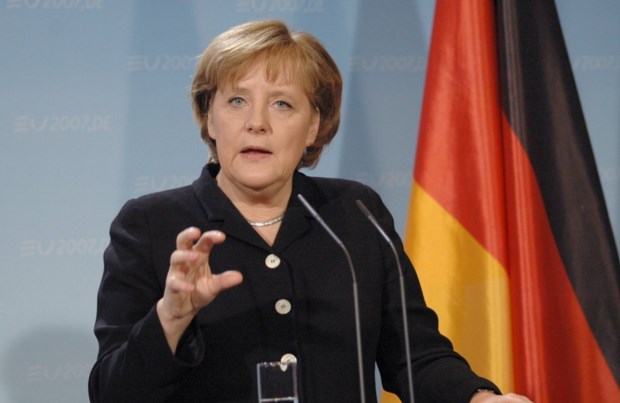An Uncertain Future for Pharmaceutical Companies in Turkey
 The Turkish government has taken steps to implement many reforms under the name of 2003-2013 health transformation program, recently.
The Turkish government has taken steps to implement many reforms under the name of 2003-2013 health transformation program, recently.
The government first unified 3 separate security systems under a single roof of social security system, and named it SGK. The idea was to improve the quality and efficiency of health care services. Thus elderly would be able to have free health care services and all workers would be included in the national health care system. This approach increased the number of people who benefited from health care services but with an additional cost to the government.
The government also implemented a new system called “reference price policy” for drugs, to decrease drug spendings. Based on said policy, the price of any drug to be sold in the Turkish market should not exceed the price of the cheapest products in EU countries.
On the other hand, the drugs registration and pricing approval process which was carried out by a single authority in the past was decided to be exercised by 2 seperate institutions. MOH was given the authority of registration approval, while SGK was authorized for the reimbursement process. This caused an additional delay for the entrance of the new brands into the market as SGK’s reimbursement approval process required an extra time period before the launch of product.
Next, the government fostered the private hospitals by reimbursing their health care service costs for patients, according to a new policy. Thus the number of private hospitals increased and people had the opportunity to benefit from health services provided by same.
Another reform was the implementation of “data exclusivity and patent protection” of the original drugs. Based on this new regulation drugs can only be launched in Turkey within 2-3 years following their Europe launching. This is due to the long formalities and procedure.
Companies can practice data exclusivity for 3 years only as the related total period is 6 years including the time in EU. Thus, each brand in Turkey has the generic threat after 3 years from its launching time.
Furthermore, the government put a new coding system into practice aiming to prevent illegal drugs. It cost the firms in the market USD 200 m to adopt this new system.
Late 2009, the government introduced a global budget initiative and dictated pharmaceutical companies to provide a further discount of 23% to stick to its budgets for 2009 and 2010. In November 2010, SGK asked the companies for another 9,5% discount, informing that drug spendings were over the government’s budget.
This way, although the prices applied in Turkey were the cheapest in EU, companies were obliged to make a total discount of 32,5% by the SGK. On the other hand, the new GMP policy implemented very recently, caused another delay in launches since there are very few government experts who could give companies inspection for manufacturing quality.
All these factors caused a 25% decrease in pharmaceuticals revenues. Companies have difficulties in keeping their brands in the market due to low prices and another mandatory discount is expected to be imposed by SGK in June, 2011. Although drugs revenues decreased due to imposed practices by the government, health care services spending increased by 25%, in 2010.
This makes one think that pharmaceutical companies are considered to be the only source for savings, by the government.
A Marketing Expert
15 March 2011




